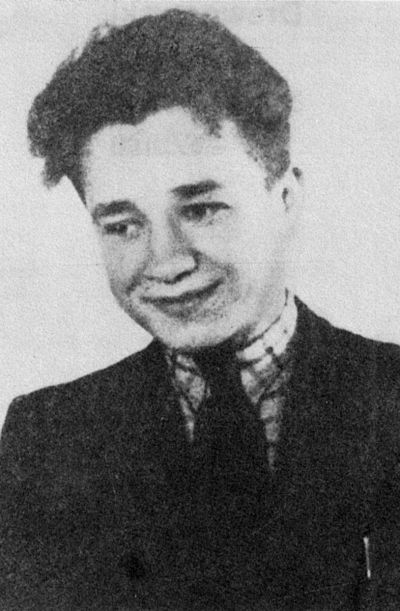Henryk Nazarczuk: Polish War Graves in Germany. A topography of death

In 2005 journalists from the “Rzeczpospolita” newspaper and the “Zet” radio station joined forces to look for the graves of members of the Uprising who had died in Essen. After their article was published people who should have raised their voices at least 10 years earlier, wrote to the newspaper: “We had no idea of the situation nor that there are so many”, as one of the principal people who must have known about it honestly admitted in the “Rzeczpospolita”. Ideas came thick and fast: “ ...we’ll set up a commission, we’ll send soldiers and Boy Scouts there, we’ll erect as many crosses as possible there, we’ll supply the Polish diaspora with large financial donations, but best of all we should ...” etc. (“Rzeczpospolita”, August 2006).
The graves of soldiers from the Warsaw Uprising only make up a minor part of the whole documentation but for me they are particularly painful. True, the struggle for the last cemetery containing the graves of the rebels in Altengrabow, which began in the middle of the 1990s, has not been completely abandoned; but I am powerless in the face of the reality that there was once a cemetery there and it no longer exists. This reminds me of a fragment from a poem that a young rebel wrote shortly before the capitulation (the quotation can also be found in my documentation on the Internet):
“A historia okłamie nas jutro,
groby nasze wyrówna ktoś obcy... ”[And tomorrow history will tell us lies,
strangers are levelling our graves...]
Now, after receiving a suggestion from „Porta Polonica” in 2016 that we should work together, I am sitting somewhat “terrified” in front of my computer because I have collected so much during the past 30 years. The original collection of information on Polish War Graves that was later called a “documentation” only came into being because of the graves I accidentally discovered outside my professional activities. Because of the information gathered from official authorities, organisations and publishers about sites, numbers and the conditions of the graves, as well as communications and photographs of cemeteries sent to me by individual people who wrote things like: “We took a walk and visited the local cemetery where we discovered Polish War Graves”, the collection has grown and grown. Sometimes they wrote: “We took the enclosed photos and are sending them to you because they might be useful.” Yes, they are very useful and now I have a huge circle of people who communicate with me by post. Hence I also receive information from people asking me for help in searching for a grave or information on the circumstances of the death of a close or distant relative. On the plus side I have answered hundreds of letters and made many positive experiences including the discovery of graves like those of the soldiers in the Warsaw Uprising, as well as expressions of gratitude like the following: “…… we should like to thank you for helping our family to put our past in order”.












